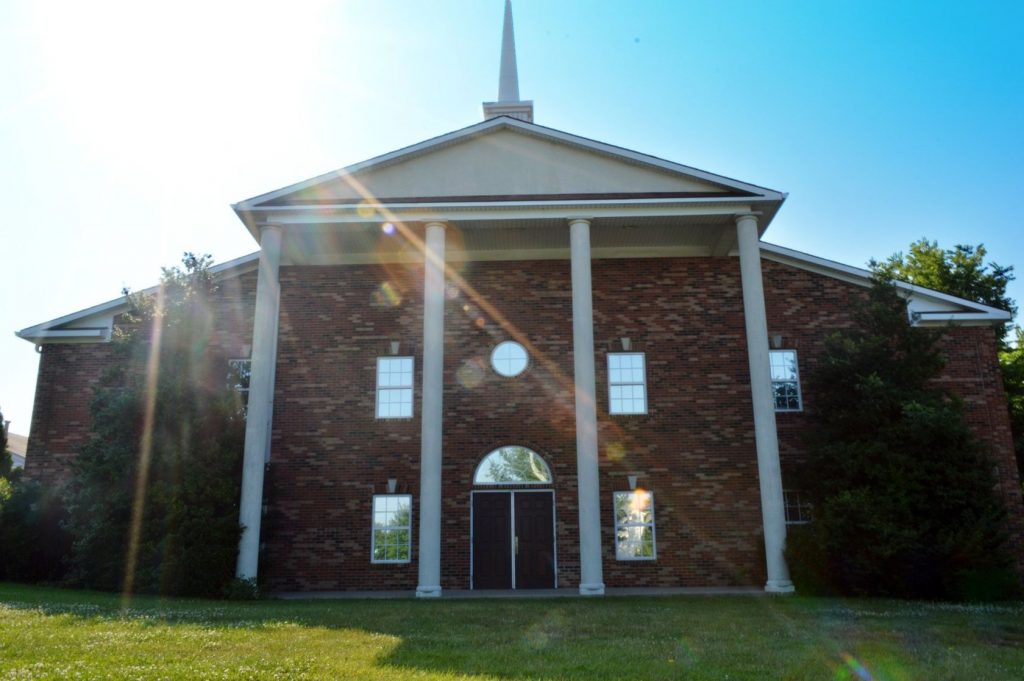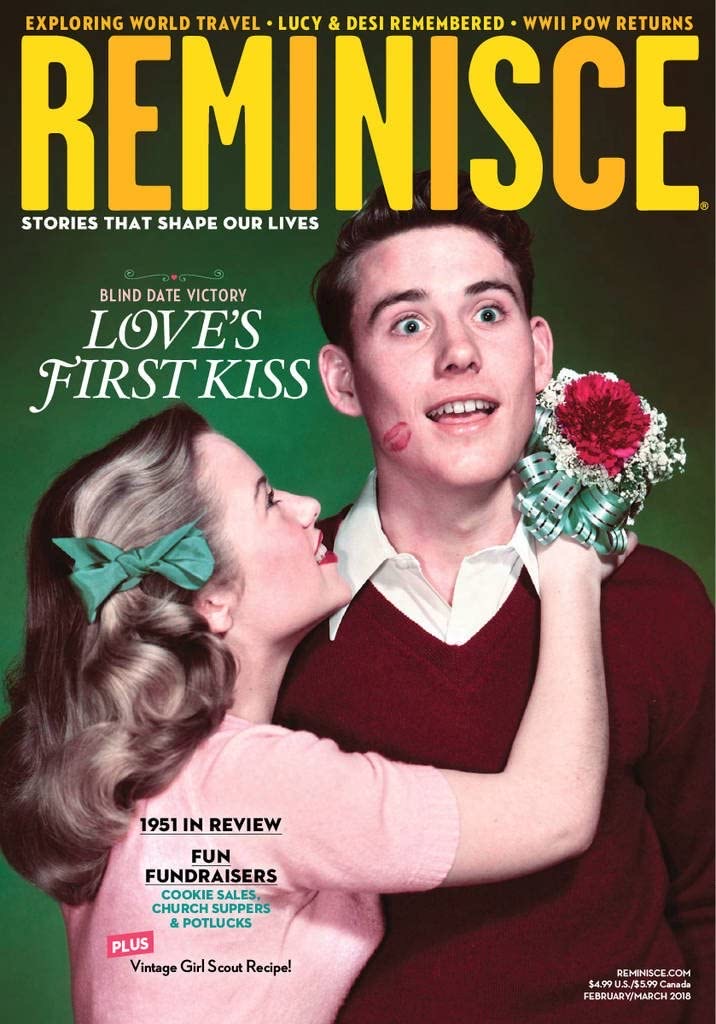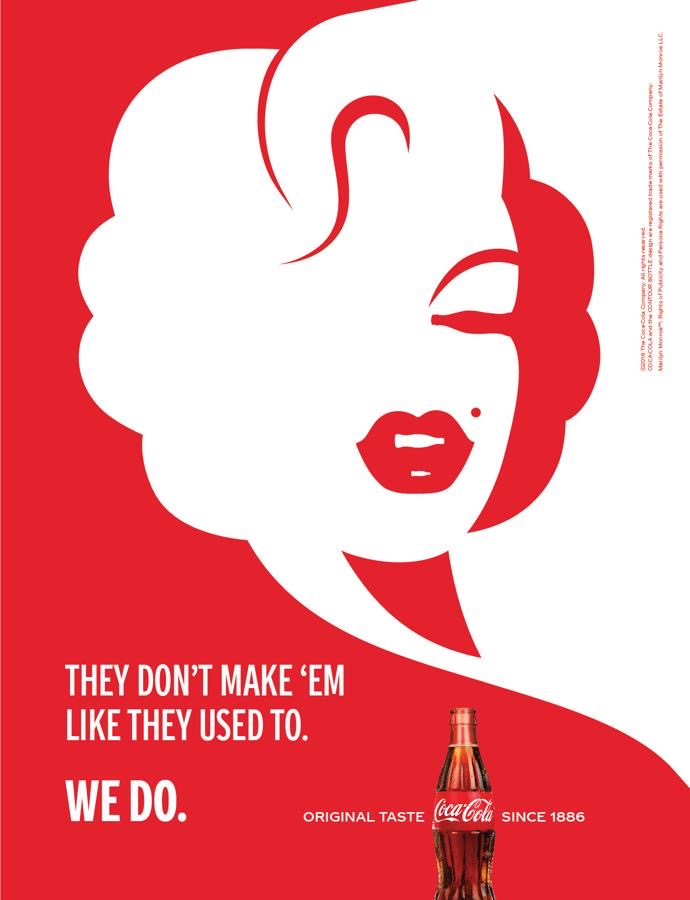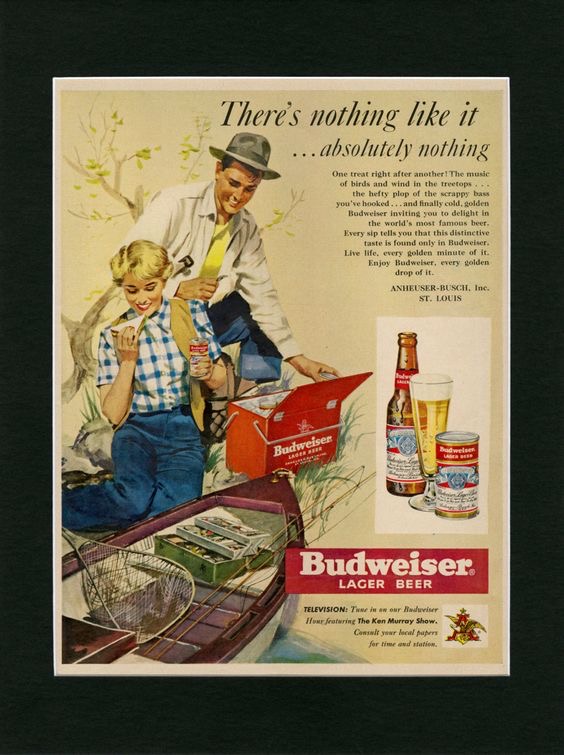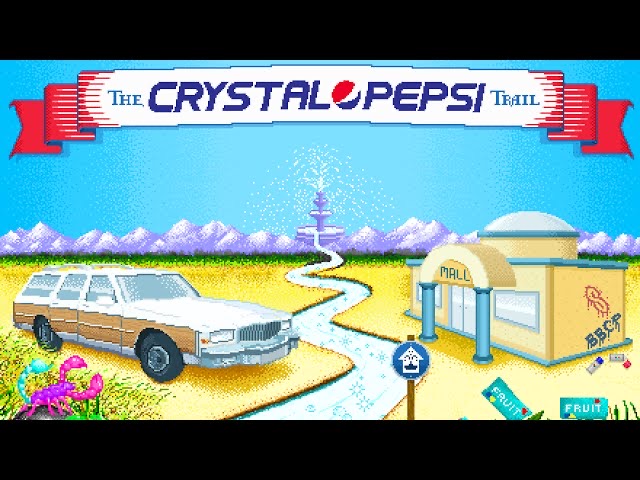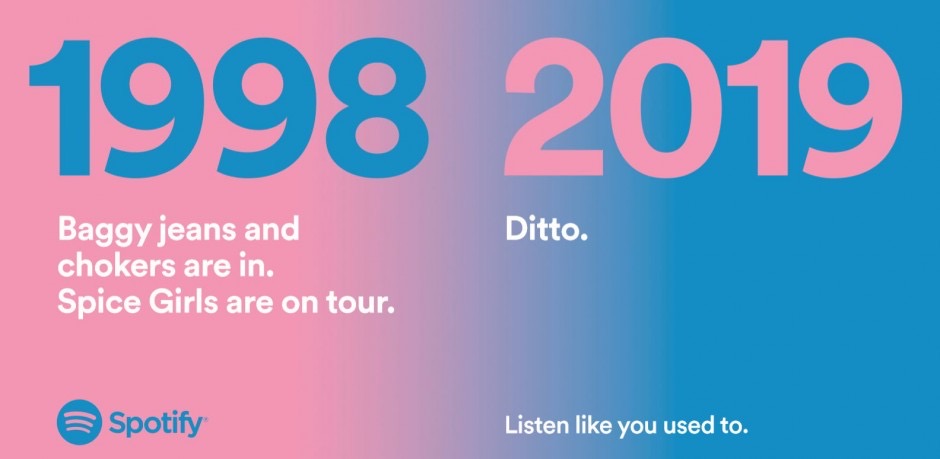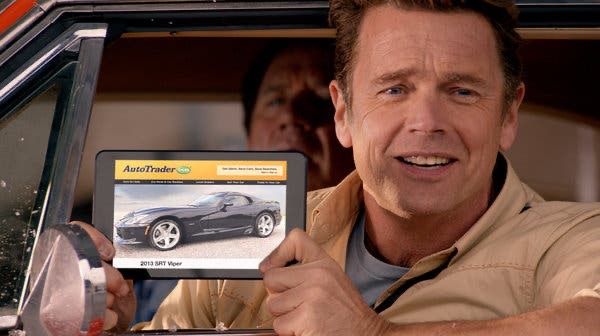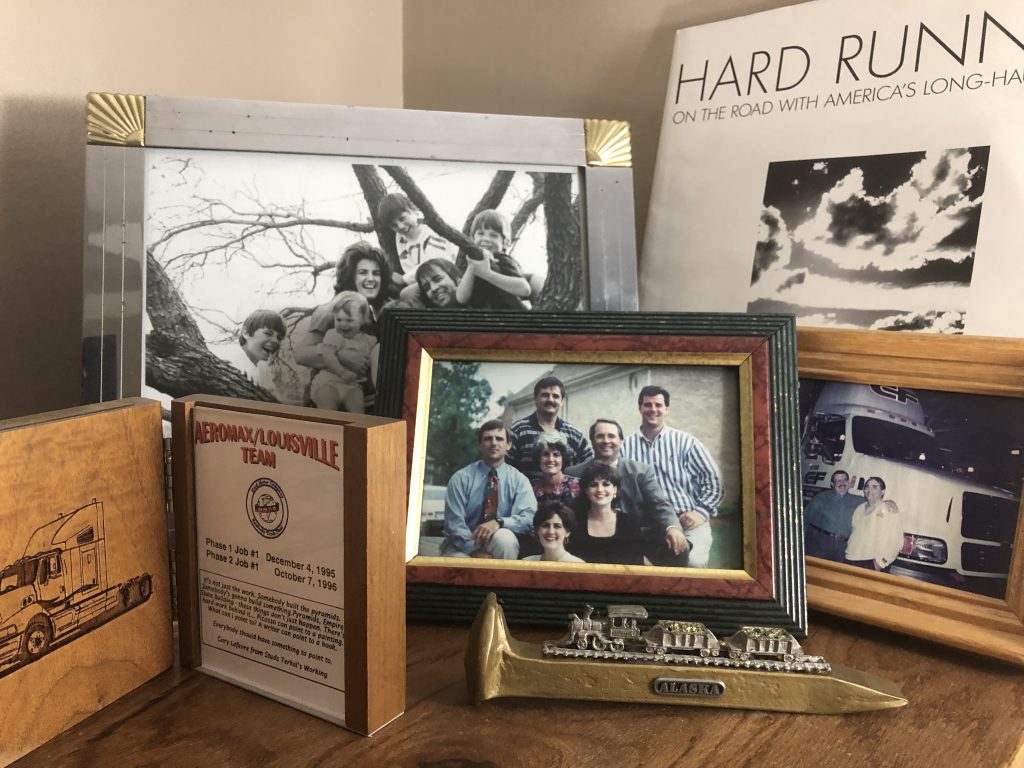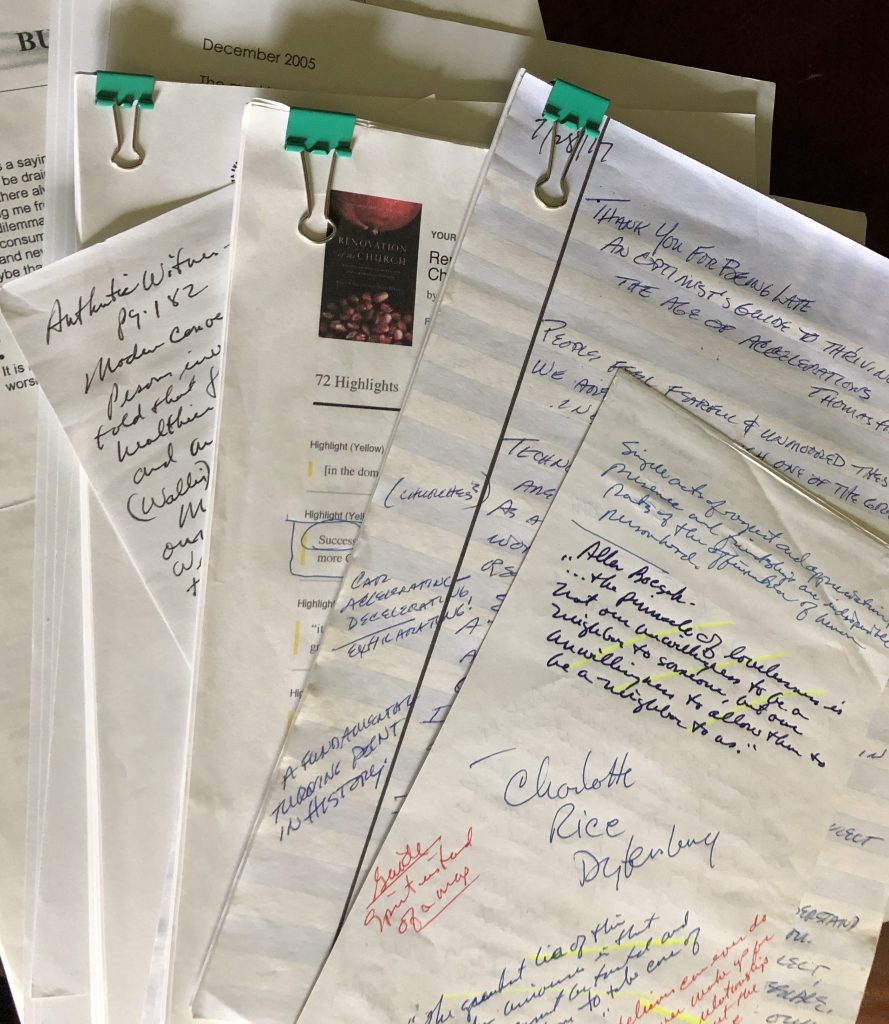
This post is the the third nostalgia post in the Quarantine Reflections series. You read the first two HERE and HERE.
My foray into nostalgia has been enlightening. Being largely ignorant of much that is going on in the younger generation’s everyday world, I was reminded by my millennial grandson of the popular and irreverent show “South Park” 20th season production based on nostalgia and its influence politics and culture. If you are not familiar with “‘member berries” he is a short clip from the show.
Seems like we may still be indulging in “‘member berries” .
Acquisitive Nostalgia
This post focuses on nostalgia and marketing. I would dare say there is no more ubiquitous presence of nostalgia than in the marketing arena. I believe nostalgia found in marketing is a separate category . In addition to restorative and reflective, I suggest adding “acquisitive nostalgia”. I define acquisitive nostalgia as: An amalgamation of restorative and reflective nostalgia impulses that promises fulfillment through acquisition.
Acquisitive nostalgia is the fool’s gold of a consumeristic culture, it is worth virtually nothing, but has an appearance that “fools” people into believing that it is gold.
Acquisitive and restorative nostalgia are fueled by the illusion that the past can be recreated. Both have potential for dire consequences and both ultimately fail to deliver.
Acquisitive nostalgia is the more dangerous and predominates in our culture for two reasons, 1) consumers believe that life can fulfilled by possessions. 2) Most of us have the resources to acquire things we believe will bring fulfillment.
The marketing industry understands the power of nostalgia and cleverly presents products in a way that makes us believe they will satisfy our longings. It is important to remember, marketing industry is not just the stereotypical corporate ad agency, it is every person and organization that has a product to sell.
Consider some excerpts from a marketing newsletter on the value of nostalgia as a marketing strategy:
The past will always have more emotional appeal than the present.
Marketing always leans on the warm memories of generations long past, with brand equity often built on historic credentials. Now, in our uncertain times, nostalgia- fuelled marketing is more popular than ever.
Nostalgic marketing taps into two consumer needs that overlap but are subtly different: a yearning for a time past and the fondness attached to personal childhood memories.
Our current political, social and economic landscape creates a perfect storm to whip up nostalgic fervour. Fears over terrorism, global warming and financial collapse, plus nuclear war once again, don’t exactly encourage people to look forward to the future. Instead, they retreat to the past.Brands that tap into this successfully can earn an emotional connection that is priceless.
Life was much better as a kid, right? No responsibilities. No troublesome bosses. No worries about paying the rent. It makes sense people want to revisit this nirvana. And, ironically, it’s the shiny, new(ish) internet that makes it easy to live in the past.
It’s worth pointing out … people only cherry pick the good stuff to remember and cherish. Childhood can be fraught with difficult experiences and previous generations were troubled with wars, poverty, terrorism, inequality and working conditions that make 2017 look heavenly. Marketers play to this and do what they always do: joyously focus on the positives and quietly downplay the negatives.
https://www.marketingmag.com.au/hubs-c/past-masters-power-nostalgic-marketing/
I feel as if I may have hit “the tar baby” (a difficult problem that is only aggravated by attempts to solve it) with nostalgia. I thought this post would conclude the Nostalgia segment of Quarantine Reflections, but, alas there appears to be another on the horizon. In addition to the graphics below, I will conclude this post with a summary of thoughts and questions that have arisen in the course of my encounter with nostalgia.
- This exercise has deepen my appreciation for nostalgia and its therapeutic benefits, especially in this stressful time.
- I think nostalgia is an important factor in maintaining emotional healthiness, particularly for senior adults, memories are precious. To demean or rob a person of their memories is cruel punishment. All will sing Precious memories, sooner or later.
- Nostalgia is akin to other pleasurable human experiences i.e. …sex… eating, when they become an end rather than a means, their virtue is lost and they become a commodity to satisfy our consumeristic appetites.
- The misuse/abuse of nostalgia in our culture is facilitated by a propensity to default to simplistic solutions to complex and difficult issues and circumstances, avoiding the hard work of self-awareness and discernment.
- The power and peril of nostalgia cannot be understated, but because of its compelling nature, I’m not optimistic about any FDA ” nostalgia warnings” appearing on products anytime soon.
- The only antidote for harmful nostalgia is wisdom, discernment and self-awareness.
Questions I’m pondering: - Does Christianity get a pass on employing nostalgia to market the Gospel?
- Related to the previous, Is remembrance, a foundation of Christian faith, nostalgia? If not, how is remembrance for Christians different and why?
- Finally, I’m wondering how many think all this is just a tempest in a teapot?
What do you think?
